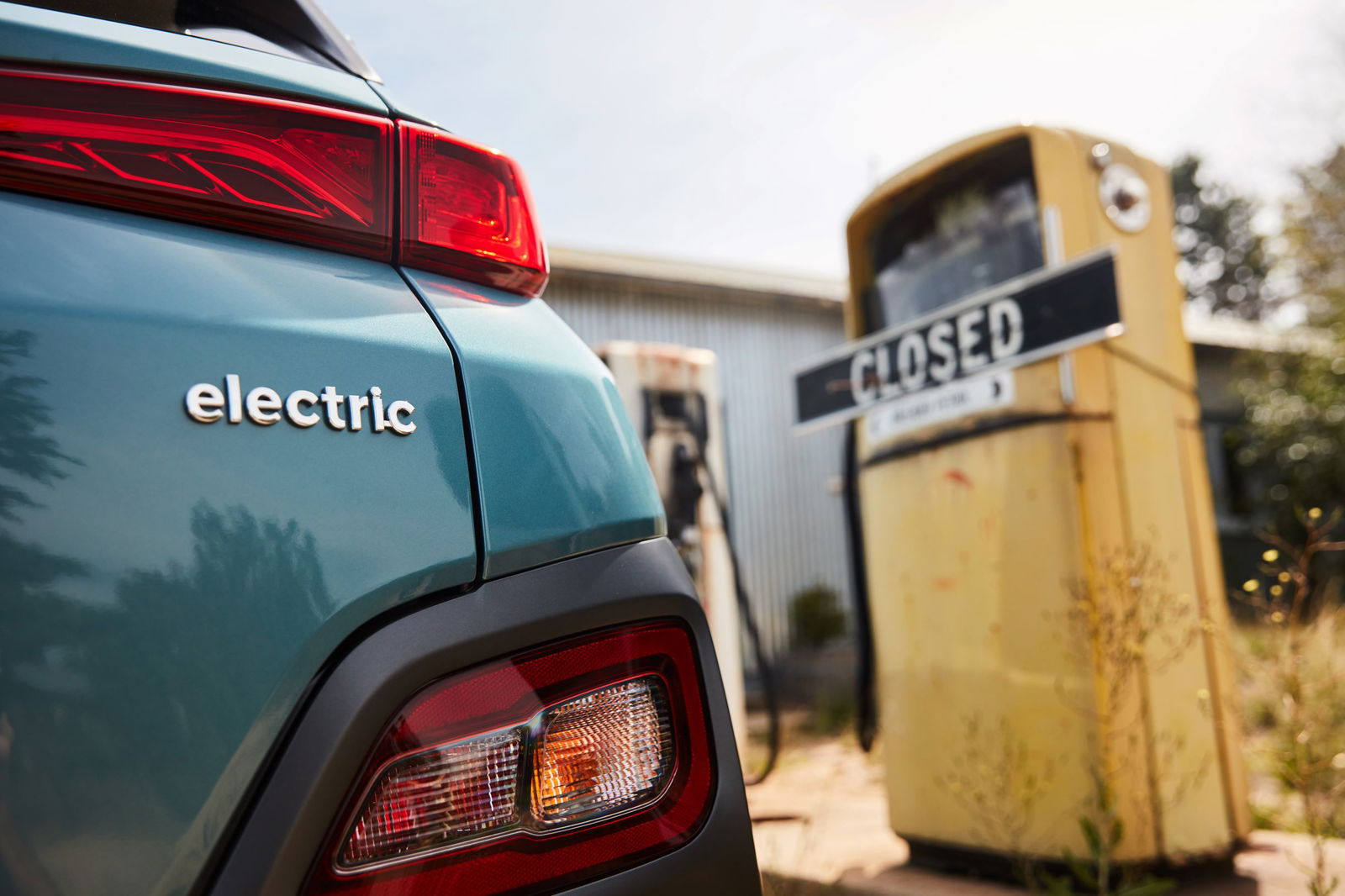
Last week was a bad one for ‘Big Oil’ – and it could have a major impact on how much fuel will cost you at the bowser. And it could even hasten the end of internal combustion engines in favour of electric vehicles.
Late last week there were three major events that all hit at the heart of oil companies that make the petrol you put in your car, primarily thanks to climate activists that are pushing for major CO2 reductions across the industry.
The most high-profile involved Royal Dutch Shell, which was ordered by a European court to slash its carbon emissions by 45 per cent by 2030 – and present a clear and achievable means of doing so. At the same time, activist investors managed to install two board members into ExxonMobil’s management, and more than two-thirds of investors in Chevron supported a resolution to cut emissions.
READ MORE: Ford commits to electric future
In isolation these events may seem minor, but having all occurred within days of each other it highlights the rapidly changing landscape within the energy sector. While government emission regulations around the world, especially in Europe, become stricter for car makers, which in turn is pushing them towards hybrid and electric vehicles, petrol-powered engines are likely to remain commonplace for several decades.
Major oil companies have already seen this trend and many are making major changes. ExxonMobil has partnered with Porsche to help produce carbon-neutral liquid fuel for future internal combustion engine models.

But it seems that’s not enough for some, with climate activists – including Greenpeace – behind the legal action against Shell in the Dutch court. The company had already publicly committed to cutting its emissions by 20 per cent (based on its 2019 emissions) by 2030, but the lawyers for the plaintiffs argued that not only was this not enough, but the company had failed to provide a detailed plan on how to reach that target.
The lawyers managed to successfully argue that Shell was in breach of the European convention on human rights by not taking action to reduce emissions fast enough, thus harming others.
READ MORE: General Motors reveals electric plans
In handing down her verdict, Judge Larisa Alwin admitted that the ruling could adversely impact Shell’s growth and have significant consequences for the company, but said it simply must be done for the greater good.
“The interest served with the reduction obligation outweighs the Shell group’s commercial interests,” the judge said.
Royal Dutch Shell has announced it will appeal the verdict, but also said it remains committed to cutting emissions.
“Urgent action is needed on climate change which is why we have accelerated our efforts to become a net-zero emissions energy company by 2050, in step with society, with short-term targets to track our progress,” the company said in a statement.

“We are investing billions of dollars in low-carbon energy, including electric vehicle charging, hydrogen, renewables and biofuels. We want to grow demand for these products and scale up our new energy businesses even more quickly.
“We will continue to focus on these efforts and fully expect to appeal today’s disappointing court decision.”
The ExxonMobil board change is another major change that could have significant implications for the future of petrol and diesel. The drive to install new management was driven by hedge fund Engine No.1, which reportedly only owns 0.02 per cent of ExxonMobil stock but pushed an agenda of change in the lead up to last week’s shareholder meeting.
READ MORE: Even Lamborghini is going electric
While there are elements of climate change in the Engine No.1 plan, the group believes it’s important for the company to change its outlook for economic reasons too. As part of its ‘Reenergize Exxon’ campaign it said the company is facing diminishing returns if it doesn’t react to the move away from fossil fuels and towards clean energy.
The biggest question for consumers is what impact these events will have on the price and availability of petrol at your local service station. It’s too early to make any definitive statements but it’s highly probable that the need to cut emissions could have an impact on petrol prices by the end of the decade.
The flipside of the argument is that this shift within the energy sector could have a positive impact on EVs. For example, Shell said that in The Netherlands alone it has built two wind farms and a third is on the way. It has also committed to having 250 EV fast charging points built by the end of 2021 (up from the current 200), and they will be powered by 100 per cent “green” energy. Shell is also opening hydrogen fueling stations, as well as building hydrogen production facilities, as part of its push to cut emmisions.













Discussion about this post